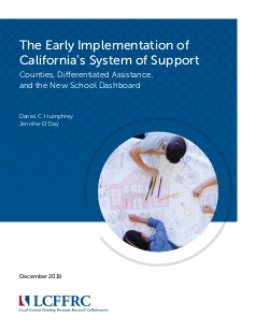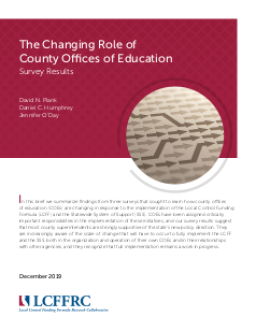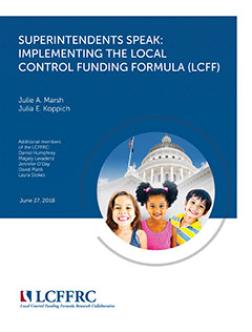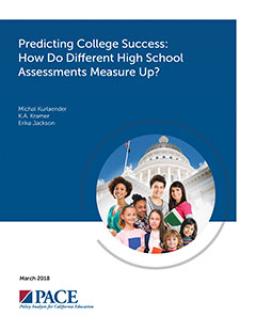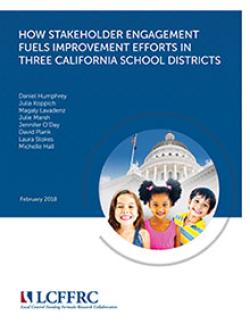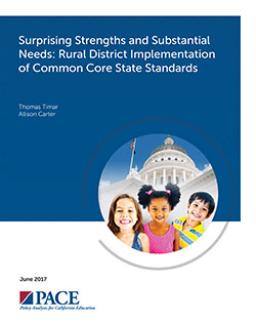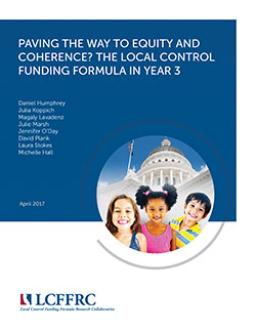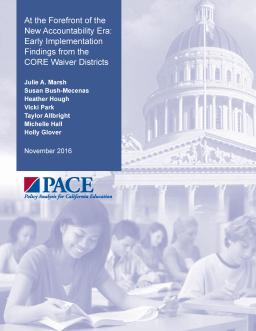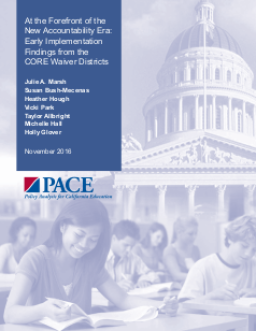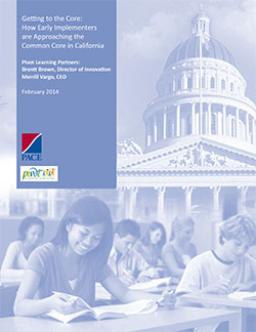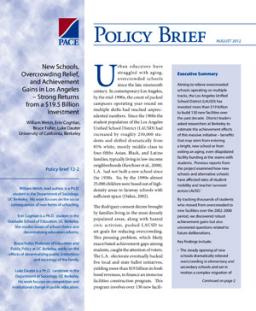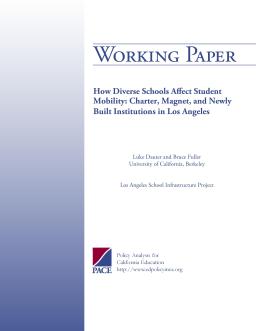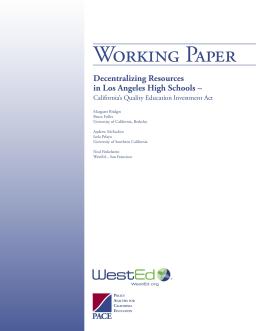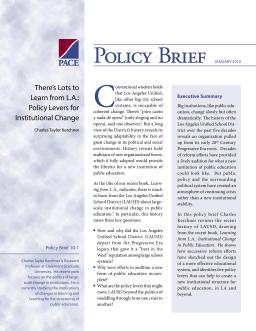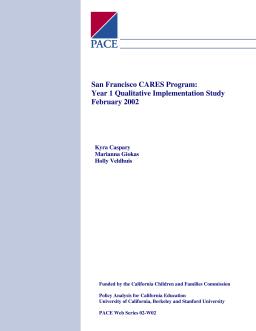Summary
This report examines the early implementation of California's Statewide System of Support, which is designed to empower local educators in determining the best approaches to improvement. While COEs and district officials hold positive views of the system's emphasis on support over compliance, they have concerns about under-resourcing and the effectiveness of the Dashboard measurement tool. The report provides five recommendations to make the System of Support a more comprehensive system aligned with the Local Control Funding Formula.
Summary
Summary
Summary
Summary
Summary
Summary
Summary
Summary
Summary
California and the US are undergoing a cultural shift in school accountability policies towards locally-determined measures of school performance. Lessons can be learned from the CORE districts, which developed an innovative accountability system, emphasizing support over sanctions, and utilizing multiple measures of school quality. The CORE districts' measurement system and collaboration hold promise for improving local systems, but efforts to build capacity remain a work in progress.
